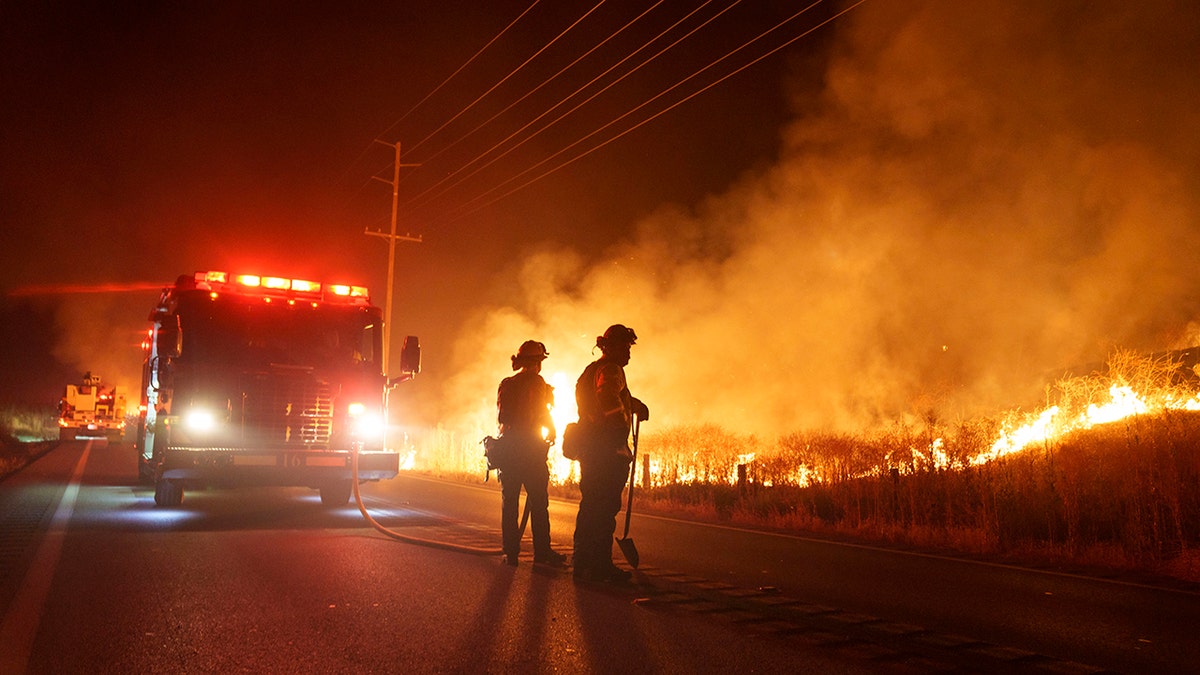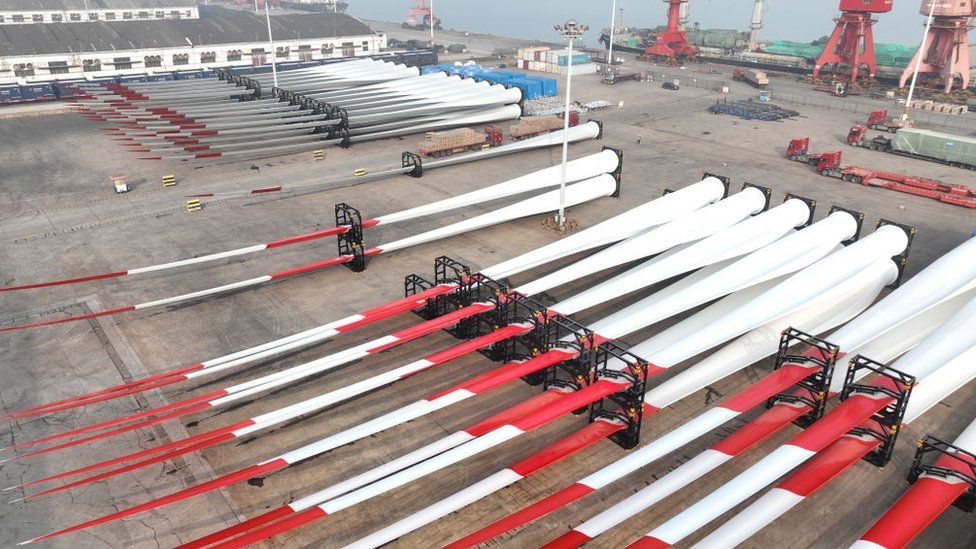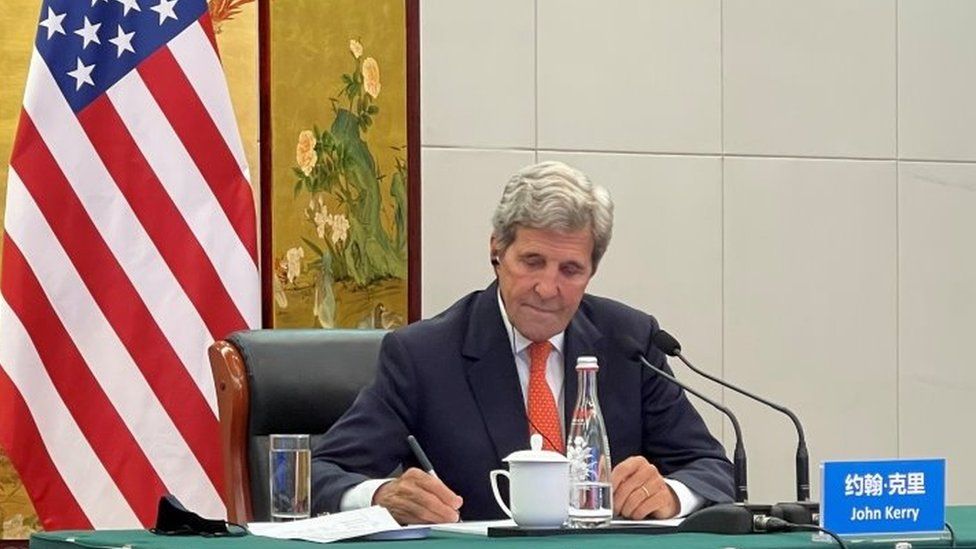Why Some Scientists Think We Should Let the Earth Warm Up
 A California scientist admitted that he "left out the full truth" about climate change, blaming it primarily on human causes, to get his study published in a prestigious science journal.
A California scientist admitted that he "left out the full truth" about climate change, blaming it primarily on human causes, to get his study published in a prestigious science journal. In 1776 when we declared our independence from Great Britain and formed a Democratic Republic, having a Democratic Government was seen as an EXPERIMENT and many countries simply did not believe that it would work... having that must trust in people to decide what is best for a country. And, for 246 years, we have been conducting this experiment quite successfully until recently.
And it is because of this list above that we now have a divided country and that division is getting worse each year. This division started to manifest itself about 2012 during the second term of Obama. It worsened in 2015 when Donald Trump campaigned and won the Presidency and escalated into high gear from 2016-2020. And, even though Trump is no longer President the division in this country is worsening.
It is my belief that Russia, China, and several multi-billionaires are financing and promoting this division through a campaign of misinformation.
According to the Brookings Institute:
Democracy in the United States is in serious trouble. A review of some recent public opinion research shows just how much. GETTY IMAGES - Wind turbine blades being made ready for export from China
GETTY IMAGES - Wind turbine blades being made ready for export from China1. Rebuilding trust
Ursula von der Leyen, President of the European Commission, “This year, like never before, trust is the most valuable currency when we speak about the state of the world. Trust in science and vaccines can make a difference between life and death.
Trust among countries can tilt the balance of international affairs towards cooperation instead of conflict. Trust in functioning societies based on the rule of law channels higher levels of long-term private investment, giving these societies an edge over competitors – and this trust is also essential to all of Europe’s main ambitions.” READ MORE...
 IMAGE SOURCE,GETTY IMAGES
IMAGE SOURCE,GETTY IMAGES |
| IMAGE SOURCE,GETTY IMAGESimage captionAustralian parrots' beaks are getting bigger as temperatures rise |

TO READ ENTIRE ARTICLE, CLICK HERE...

